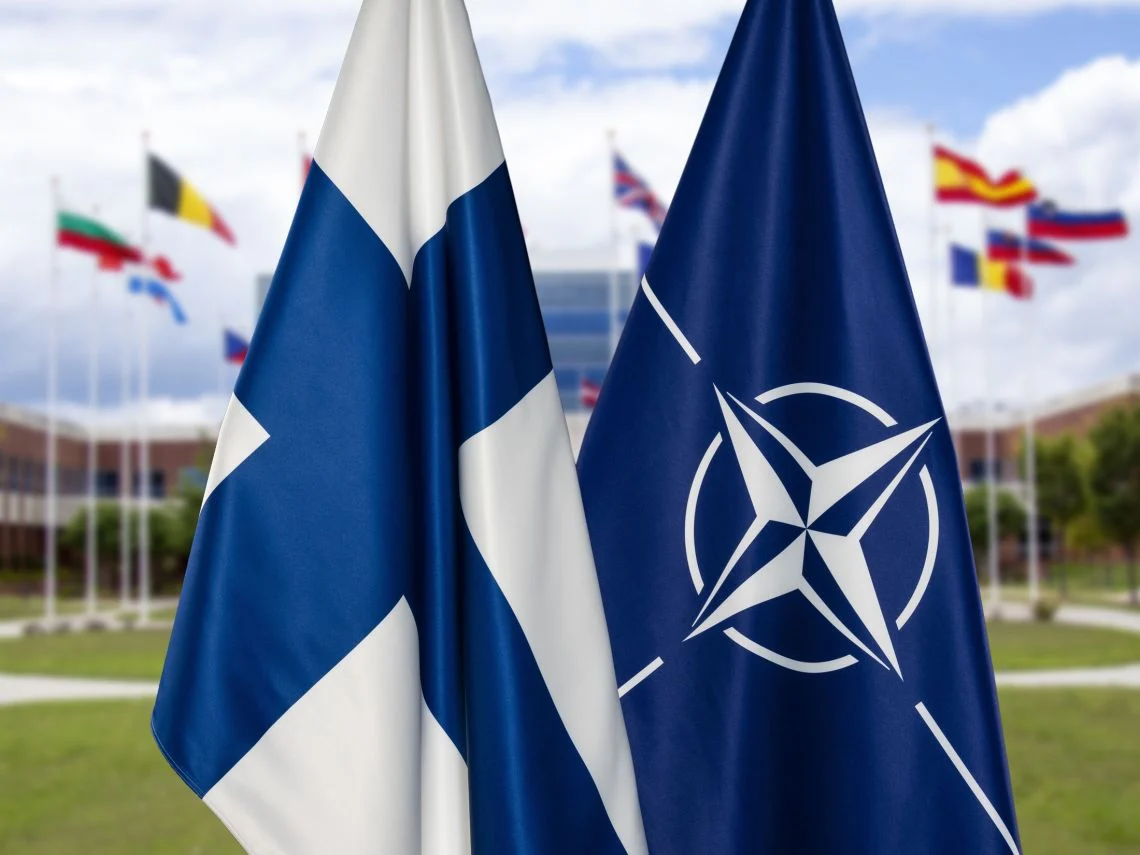Finland’s recent steps towards NATO membership mark a significant shift in its security policy, with far-reaching economic consequences. This blog post explores the economic impact of Finland’s accession to NATO, focusing on potential benefits and challenges for the Finnish economy and its stock market.
Strengthening Economic Stability
1. Enhanced Security and Investor Confidence Finland’s NATO membership enhances its security, which can significantly boost investor confidence. The assurance of NATO’s collective defense reduces geopolitical risks, making Finland a more attractive destination for foreign direct investment (FDI). Historically, countries joining NATO have seen an increase in FDI due to the perceived stability and security provided by the alliance.
2. Economic Growth through Defense Spending Joining NATO has led to increased defense spending in Finland, projected to rise significantly. This increased expenditure can stimulate economic growth by creating jobs and driving technological advancements in the defense sector. The development of military infrastructure and procurement of advanced weaponry and technology can have a multiplier effect on the economy, boosting related industries and innovation.
3. Boost in Trade Relations Finland’s trade relations, particularly with other NATO countries, are expected to improve. Enhanced security and political alignment with NATO members can facilitate smoother trade negotiations and stronger economic ties. For instance, Finland’s exports to the U.S. have already seen a boost, a trend likely to continue as defense and economic collaborations deepen.
Challenges and Considerations
1. Increased Defense Spending While increased defense spending can drive economic growth, it also represents a significant fiscal commitment. Finland must balance this with other public spending needs, ensuring that defense investments do not crowd out essential services and infrastructure projects. Effective budget management will be crucial to maintaining overall economic health.
2. Dependency on Defense Markets As Finland integrates further into NATO’s defense framework, there may be increased dependency on international arms markets. While this opens opportunities for specialization and collaboration, it also means that Finland’s defense industry must remain competitive and innovate continuously to meet NATO standards and requirements.
Long-Term Economic Benefits
1. Technological Advancements Membership in NATO facilitates access to advanced military technologies and joint development projects. Finnish companies in the defense sector can benefit from collaborations with counterparts in other NATO countries, driving technological innovation and improving global competitiveness.
2. Economic Integration and Stability Finland’s integration into NATO enhances its political and economic stability, which is beneficial for long-term economic planning and development. The assurance of collective security allows Finland to focus on economic growth strategies, leveraging its position within the alliance to foster regional stability and prosperity.
Conclusion
Finland’s accession to NATO is a landmark development with substantial economic implications. While it brings enhanced security and investor confidence, it also necessitates careful management of increased defense spending. The potential for technological advancements and stronger trade relations underscores the long-term economic benefits. As Finland navigates this new chapter, strategic planning and international collaboration will be key to maximizing the economic advantages of NATO membership.
A New Era in Cryptocurrency
Curious about why institutional investments in the cryptocurrency world are skyrocketing and how this trend is shaping the future? Dive into our article Rise of Institutional Investments in the Cryptocurrency World to uncover the exciting details of this transformation!





